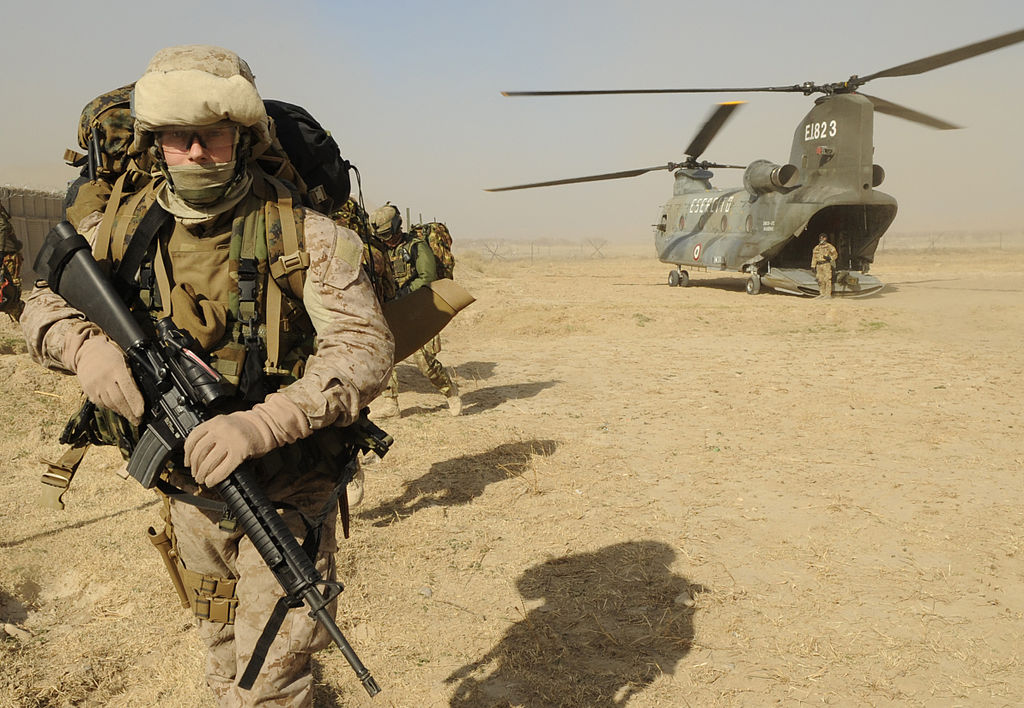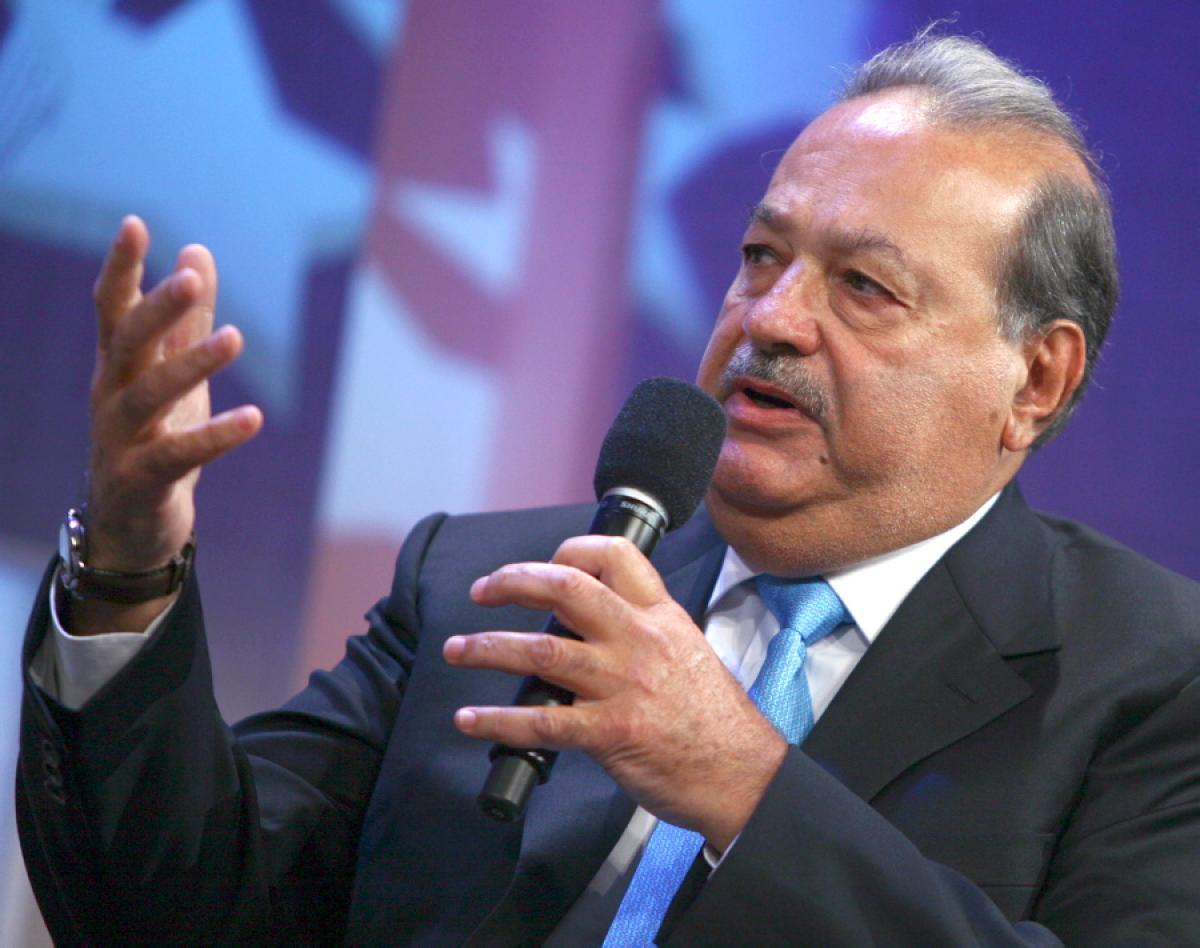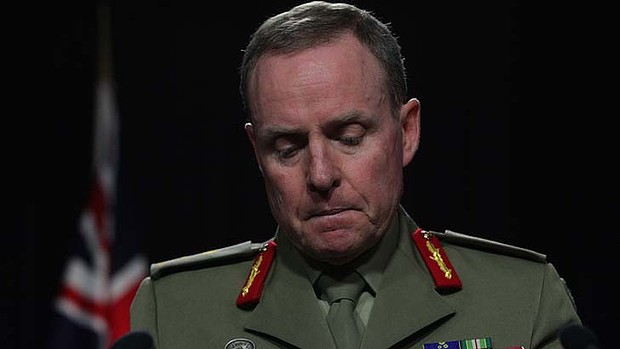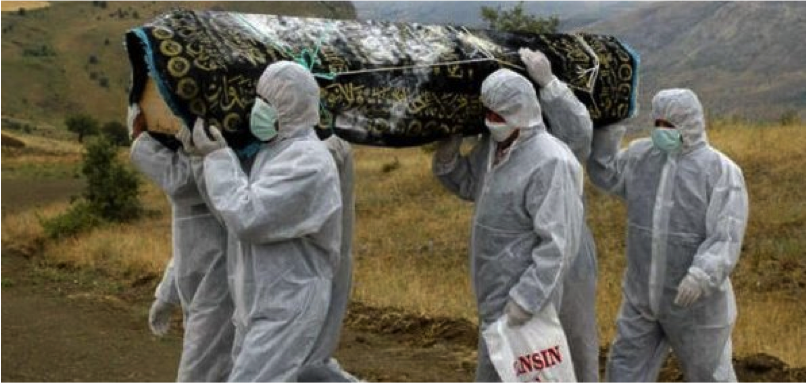III- The Creation of Soldiers and Their Impact on Peacekeeping
As a concept, war creates a division between two or more parties. Each side is portrayed to be in stark contrast with the other: us/them; inside/outside; liberators/terrorists; civilized/barbaric; modern/archaic. At the epicenre of this divide is the military force, whose role is to protect “us” from “them”. The military industrial complex is structured to enforce this divide by creating soldiers who are prepared to die for the state and kill the “other”.
Sandra Whitworth, a leading academic on militarized masculinity and peacekeeping from York University argues that the purpose of the military as a whole is “violence and… preparing people to destroy other human beings by force.” To achieve this, recruits are taught through systems of discipline and punishment, infused with myths about masculinity and belonging, how to act and perform the part of a soldier.
Promising to turn boys into “real men,” military indoctrination serves to create soldiers through a two-part process. Primarily, recruits are “broken down” and stripped of their affiliations and bonds, both physically and mentally. Their heads are shaved, they are all given the same uniforms, and they are subjected to the same schedule of eating, sleeping, and even going to the bathroom.
Additionally, recruits are subjected to humiliating training exercises that are part of a larger system of military hazing. In this way, they are stripped of their distinguishing features, while military affiliations supplement their previous bonds to the outside world. Speaking on the matter of military indoctrination, a US Marine is quoted as saying: “they tore you down. They tore everything civilian out of your entire existence—your speech, your thoughts, your sights, your memory— anything that was civilian they tore out and then they rebuilt you and made you over.”
Military indoctrination processes are not just specific to American soldiers, but also Canadian soldiers. Viewed as peacekeepers representing an “altruistic and benign middle power,” these soldiers are nevertheless trained, hazed, and subjected to militarized norms for masculinity. This was evident in March 1993 when nine Canadian UN peacekeepers in Somalia brutally beat up teenager Shidane Abukar Arone, causing his death. While the Somalia “incident” is often explained as a problem limited to “a few bad apples,” it is endemic. As Whitworth points out, Somalia was not an anomaly that deviated from traditional military values, but rather speaks to the tradition itself and “to the problems of militarized masculinity and the use of soldiers—people trained to destroy other human beings by force—in peace operations.”
Similarly, when photographs were released in April 2004 showing American soldiers in the Abu Ghraib prison in Baghdad brutally torturing Iraqi prisoners, the Bush administration framed the story as a case of “a few bad apples.” To divert attention away from the intense scrutiny of U.S. policies and calls for the resignation of Secretary of Defense Donald Rumsfeld, the media and state department focus shifted from scrutinizing the military institution to the condemnation of Private Lynddie England, who was pictured “holding a prostrate naked prisoner on a leash.”
The photographs were framed to portray the sexual humiliation of “brown (men)” by a “very improper” (white) woman who was reveling in “doing ‘improper’ things.” In this way the photographs of American soldiers abusing Iraqi prisoners were feminized by the American press by focusing on “England as a sub- or inhumane creature,” in order to distance the unit’s actions from “established military doctrine.” Unfortunately, this reframing of the incident also led to limited mainstream analyses of how the Abu Gharib abuses represent the normalization of violent practices and masculine domination fostered by military culture.
In order to minimize deviation from institutional norms, soldiers in the military are “rebuilt” to adhere to the same disciplinary mandates. Instructors begin to reward soldiers for their obedience, and punish them for disrespecting protocol. At the same time, soldiers are required to work in groups that facilitate bonding and team-work. As a result, the soldiers come to see their unit as their new “military family” and a sense of “us” emerges, that distinguishes the unit from the “other”, in this case, the outside world.
By creating an “us versus them” dichotomy through military indoctrination, soldiers begin to see the world around them through the constructed viewpoint of a “safe, or civilized, space ‘inside’” and “an ‘outside’ whose identity often appears strange or threatening.”
By creating an “us versus them” dichotomy through military indoctrination, soldiers begin to see the world around them through the constructed viewpoint of a “safe, or civilized, space ‘inside’” and “an ‘outside’ whose identity often appears strange or threatening.” When these very same soldiers are tasked with peacekeeping missions, they bring this mentality into those missions. As such, they act in violent ways against the very people they are supposed to protect because they view “them,” as sub-human “foreign” outsiders.
Throughout the training process, the overarching norm that is consistently reenforced is the hyper-masculine soldier. Recruits are required to cultivate their masculinity by acting as “protectors”, willing to employ violence against “them” on the outside to protect the “us” on the inside. This is done through the “denigration of anything that could be considered feminine,” because according to the military’s ideology soldiers are not “supposed” to be womanly.
Thus, during training, soldiers are consistently punished through patriarchal and gendered insults that identify the feminine as inferior to the heterosexual and masculine. Soldiers showing emotions, consideration for “others,” or doubt about military protocols are tarnished as “whores,” “sissies,” or simply, “women.” The deference to a soldier’s sense of masculinity is evident in marching chants, such as one involving “holding one hand on rifle and the other to crotch,” while chanting “this is my rifle. This is my gun. This is for pleasure. This is for fun.” Such routines, amongst others, are designed to inculcate respect for the military hierarchy, while ensuring “the psychological coercion of young men through appeals to their (uncertain) manliness.”
Problematically, as recruits deviate more drastically from the norm of a heterosexual male, they are less likely to advance within the military. Thus, both women and homosexual recruits have faced immense barriers in terms of being accepted as soldiers. “The presence of the ‘other’”, as Whitworth notes, “makes the strategies of recruitment, basic training, and the inculcation of an appropriate militarized masculinity all the more difficult to accomplish, and those involved in recruiting and training have long understood this.”
The adverse effects of the militarization of masculinity are commonplace. They extend from peacekeeping missions overseas, to a sense of insecurity in soldiers both during enlistment and upon return. These soldiers are taught that “being caring, emotive, human beings who feel a connection with other human beings” is not “masculine,” and has no place in the military. The end result, as we have seen, is not more security, but insecurity both at home and abroad.




